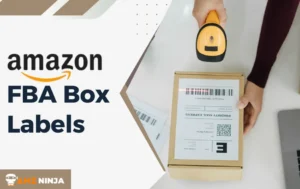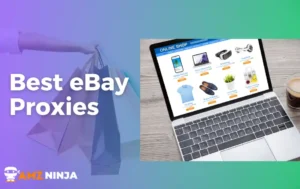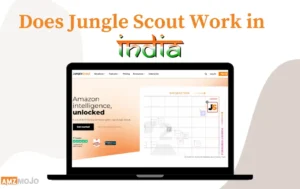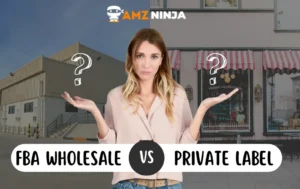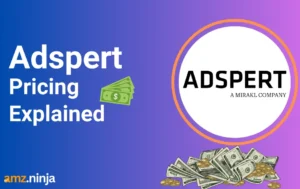Are you curious about ShipBob's pricing but feeling a bit overwhelmed by all the information out there? You're not alone! As an ecommerce business owner, understanding the costs of outsourcing your order fulfillment is crucial.
In this article, we'll break down ShipBob pricing plans in a clear, easy-to-digest way. We'll cover everything from their custom pricing model to the factors that influence your final costs, like storage fees and shipping rates.
By the end, you'll have a solid grasp of what to expect when partnering with ShipBob and be better equipped to make an informed decision for your business.
Did you know that 38% of online shoppers expect their orders to be delivered within 2 days? By partnering with a 3PL like ShipBob, you can offer fast and affordable shipping to your customers, increasing satisfaction and loyalty. ShipBob's fulfillment network spans across the United States, Canada, Europe, and Australia, allowing you to strategically store your inventory closer to your customers for quicker delivery times.
Know-How of the ShipBob Pricing Plans
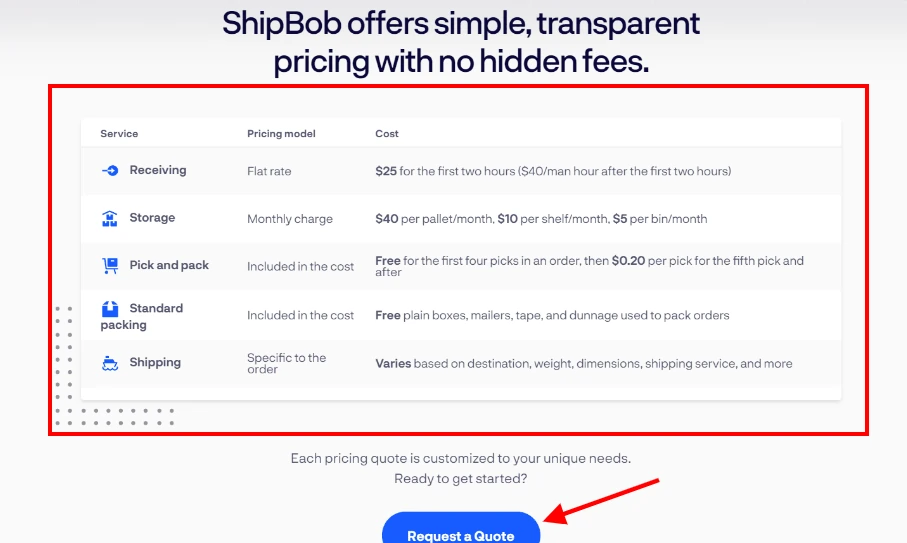
One of the unique aspects of ShipBob's pricing is that they don't offer standardized pricing plans on their website. Instead, they provide custom quotes based on each client's specific requirements. This approach ensures that you only pay for the services you need, making ShipBob a cost-effective solution for businesses of all sizes.
Several factors impact your ShipBob pricing, including:
To get an accurate picture of your potential fulfillment costs, you can request a custom quote from ShipBob. Their team will work with you to understand your business needs and provide a tailored pricing proposal.
Core ShipBob Fees
While ShipBob's pricing is customized for each client, there are several core fees that most businesses can expect to encounter.
Let's break down these essential costs:
Receiving Inventory
ShipBob charges a flat rate of $35 for the first two hours of receiving your inventory. This fee covers the time and labor required to process and store your incoming products.
Storage Fees
ShipBob's storage fees vary depending on the size and type of your products:
| Storage Type | Monthly Fee |
|---|---|
| Bin (For Small Items) | $5 Per Bin |
| Shelf | $10 Per Shelf |
| Pallet (For Large Inventory) | $40 Per Pallet |
These storage fees are based on the space your products occupy in ShipBob's warehouses.
Pick and Pack Fees
ShipBob's fulfillment costs include the first four picks for each order. Additional picks are charged at $0.25 per pick. This pricing structure allows for flexibility, as you only pay for the exact number of items included in each order.
Packaging Materials
One advantage of ShipBob's pricing model is that packaging materials are included in the fulfillment costs. This means you don't have to worry about sourcing or paying for boxes, mailers, or other packaging supplies.
Shipping Costs
ShipBob partners with major carriers like UPS, FedEx, and USPS to offer discounted shipping rates. The exact shipping costs will depend on factors like package weight and destination. However, these shipping fees are conveniently included in your total fulfillment cost, simplifying the billing process.
Additional Service Fees on ShipBob
In addition to the core fees mentioned above, ShipBob offers several value-added services that may incur additional costs. These services can help streamline your operations and provide a better experience for your customers.
Onboarding and Implementation
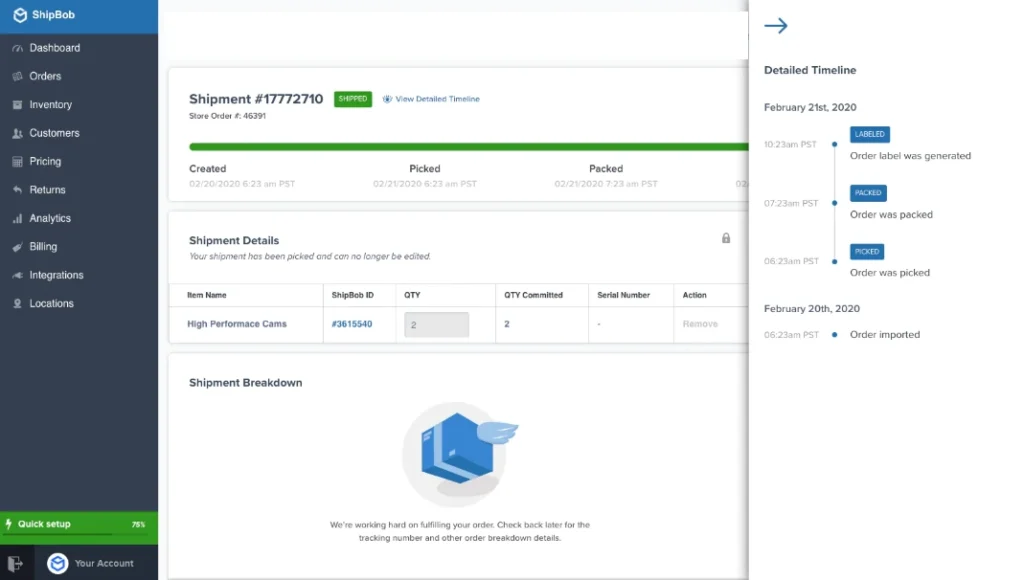
When you first start working with ShipBob, there may be a one-time onboarding and implementation fee. This fee varies depending on the complexity of your setup and integration requirements. However, if you have a smaller operation with fewer than 400 monthly orders, you can take advantage of ShipBob's “Startup Plan,” which waives the onboarding fee.
Returns Processing
Processing returns is a crucial aspect of ecommerce, and ShipBob makes it easy with their returns handling service. The fee for this service is $3 per return, plus the associated shipping costs. By outsourcing your returns management to ShipBob, you can save time and ensure a smooth experience for your customers.
Kitting Fees
If your products require kitting or assembly before shipping, ShipBob can handle this for you. Kitting fees consist of a flat project fee, plus an additional charge of $0.04 to $0.50 per unit, depending on the complexity of the kitting process. This service can be particularly useful for subscription box companies or businesses that sell bundled products.
Special Projects
From time to time, you may need ShipBob to handle special projects, such as labeling or repackaging products. For these tasks, ShipBob charges a rate of $45 per hour. While this may seem like a high hourly rate, it can be more cost-effective than hiring additional staff or handling these projects in-house.
ShipBob's Flexible Pricing Model
One of ShipBob's key differentiators is its flexible pricing model that scales with your business needs. Unlike many 3PLs that offer tiered plans with set monthly fees and service limitations, ShipBob provides all clients access to its full range of services, with costs that adjust based on usage.
This approach can be particularly beneficial for growing businesses, as they don't need to worry about outgrowing their fulfillment plan or paying for services they don't yet need. However, this pay-as-you-go model may result in less predictable monthly costs compared to some competitors' fixed-fee plans
ShipBob's Fulfillment Plans Vs Alternatives
When comparing ShipBob to its competitors, it's important to consider the differences in their fulfillment plans and pricing structures. While ShipBob offers a more customized approach without tiered plans, some of its competitors provide distinct service levels with varying features and costs.
Competitors' Tiered Fulfillment Plans
In contrast to ShipBob, some leading competitors like ShipMonk and ShipHero offer tiered pricing plans with increasing levels of service and support.
For example, ShipMonk provides three main plans:
- Starter ($250/month)
- Growth ($500/month)
- Pro (Custom Pricing)
Each plan comes with different features, such as dedicated account management, advanced analytics, and SLA guarantees. This structure may appeal to businesses that prefer a more predictable monthly cost and clearly defined service levels. Similarly, ShipHero offers four distinct plans:
- Starter ($500/month)
- Professional ($1,500/month)
- Enterprise (Custom pricing)
- Enterprise Plus (Custom pricing)
These plans include varying levels of support, API access, and system automation. Businesses can choose the plan that best aligns with their current needs and budget.
Comparing Costs and Value
While competitors' tiered pricing may offer more cost predictability, ShipBob's model can potentially provide better value for certain businesses. With ShipBob, you only pay for the services and resources you actually use each month, rather than a fixed fee that may include unused features.
However, it's essential to carefully compare the total fulfillment costs (including storage, pick/pack fees, and shipping) across multiple 3PLs to determine which provider offers the best overall value for your specific needs. Factors like your average order volume, product sizes, and required services will all impact your total costs.
Some ShipBob competitors, like Red Stag Fulfillment, specialize in certain types of products (e.g., large or heavy items) and may offer better rates for those specific needs.
Others, like Fulfillment by Amazon (FBA), leverage their vast infrastructure and discounted shipping rates to provide competitive pricing for many sellers.
Ultimately, the best fulfillment plan for your business will depend on your unique requirements, growth stage, and budget. By comparing the pricing models and features of ShipBob and its top alternatives, you can make an informed decision that supports your long-term success.
Competitive Pricing for Small to Medium Businesses
For small to medium-sized ecommerce sellers, ShipBob's pricing is generally in line with other top 3PLs. Its fulfillment costs, which include pick and pack fees and packaging materials, are comparable to industry standards.
However, some competitors may offer lower rates for certain services or product types. For example, Red Stag Fulfillment specializes in handling larger and heavier goods, and its pricing may be more competitive for businesses selling those types of products.
Higher Storage Fees than Some Competitors
One area where ShipBob's pricing may be less competitive is storage fees. According to some sources, ShipBob's storage rates are higher than many other 3PLs, particularly for large or slow-moving inventory.
For businesses with a high volume of stored goods or products that don't sell quickly, these elevated storage costs could add up over time. In these cases, it may be worth exploring alternatives like Fulfillment by Amazon (FBA) or ShipMonk, which offer more affordable storage rates.
Comparing Total Fulfillment Costs
When comparing ShipBob's pricing to competitors, it's essential to look beyond individual fees and consider the total cost of fulfillment. This includes storage, pick and pack, packaging materials, and shipping expenses.
While ShipBob may have higher rates for certain services, its overall value proposition could still be competitive when all costs are taken into account. For example, ShipBob's negotiated shipping discounts with major carriers like UPS, FedEx, and USPS can help offset higher storage fees for some businesses.
To get an accurate comparison, it's best to request custom quotes from multiple 3PLs based on your specific needs and order volume. This will give you a clearer picture of which provider offers the best overall value for your business.
Specialized Services and Pricing
Finally, it's worth noting that some ShipBob alternatives offer specialized services or pricing models that may be a better fit for certain businesses. For instance:
Ultimately, the right 3PL for your business will depend on your specific needs, budget, and growth goals. By carefully comparing pricing and services across ShipBob and its top competitors, you can find the fulfillment partner that best supports your long-term success.
Ideal Clients for ShipBob
While ShipBob offers fulfillment services that can benefit a wide range of ecommerce businesses, certain types of sellers may find their solutions particularly well-suited to their needs. Let's explore the characteristics of ShipBob's ideal clients.
Small to Medium Ecommerce Businesses
ShipBob is an excellent fit for small to medium-sized ecommerce businesses that have outgrown their in-house fulfillment capabilities. These sellers often struggle with the time, space, and resources required to manage order processing and shipping on their own.
By partnering with ShipBob, these businesses can:
Brands Expanding Into New Markets
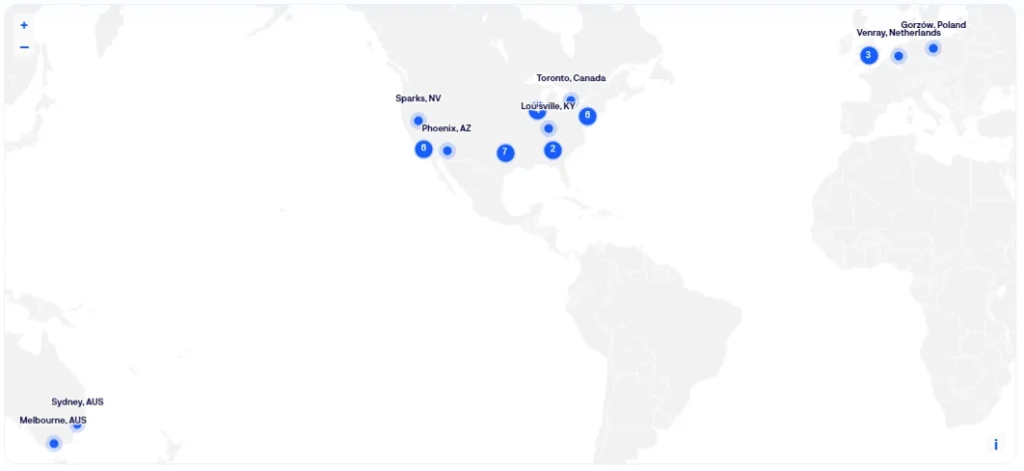
For ecommerce brands looking to expand their reach into new domestic or international markets, ShipBob's extensive fulfillment network can be a game-changer. With warehouses strategically located across the United States, Canada, Europe, and Australia, ShipBob allows sellers to store inventory closer to their customers.
This distributed inventory model offers several benefits, including:
By leveraging ShipBob's global presence, growing brands can more easily scale their operations and tap into new market opportunities.
Both B2C and B2B Companies
Another advantage of ShipBob is its ability to serve both business-to-consumer (B2C) and business-to-business (B2B) companies. Whether you're selling directly to end consumers or supplying products to other businesses, ShipBob's fulfillment solutions can be tailored to your specific needs.
For B2C sellers, ShipBob offers features like branded packaging and custom inserts to enhance the unboxing experience and build customer loyalty. B2B clients, on the other hand, can benefit from ShipBob's pallet storage options, EDI integrations, and flexible billing capabilities.
Businesses that May Consider ShipBob Alternatives
While ShipBob is a strong choice for many ecommerce sellers, there are some situations where alternative 3PLs may be a better fit. Here are a few examples of businesses that might consider exploring other options.
Amazon-Focused Sellers
For sellers who primarily focus on the Amazon marketplace, ShipBob may not be the ideal solution. While ShipBob does integrate with Amazon and can fulfill orders from the platform, it doesn't currently support Amazon's Seller Fulfilled Prime (SFP) program.
SFP allows sellers to display the Prime badge on their listings and offer free two-day shipping to Prime members, even when fulfilling orders themselves. For businesses heavily reliant on Amazon sales, this can be a significant drawback.
In these cases, sellers may opt for a dual-fulfillment approach, using ShipBob for non-Amazon orders and Fulfillment by Amazon (FBA) for Prime-eligible products. Alternatively, they may choose a 3PL that specializes in Amazon fulfillment and supports SFP, such as Deliverr or Red Stag Fulfillment.
Products Requiring Specialized Handling
Another scenario where ShipBob may not be the best choice is for businesses selling products that require specialized handling or storage conditions. While ShipBob does offer some value-added services like kitting and assembly, it may not have the capabilities to manage certain types of inventory.
For example, ShipBob's warehouses are not equipped with climate-controlled storage, which could be a problem for sellers of perishable goods or temperature-sensitive items. Similarly, ShipBob may not be able to accommodate products that require special packaging, hazmat handling, or other unique needs.
In these situations, it's worth exploring 3PLs that specialize in the specific requirements of your products. Some providers, like Red Stag Fulfillment or ShipMonk, offer a wider range of specialized services and may be better equipped to handle complex or high-risk inventory.
Ultimately, the decision to use ShipBob or an alternative 3PL will depend on your business's unique needs, goals, and challenges. By carefully evaluating your options and considering factors like pricing, service offerings, and fulfillment network, you can find the right partner to support your ecommerce success.
More Guides from Amz.Ninja
Wrapping Up
Well, there you have it, folks! We've covered all the essential aspects of ShipBob pricing plans, and hopefully, you now have a clearer picture of what to expect when partnering with them.
Remember, while cost is an important factor, it's not the only one to consider when choosing a fulfillment provider. ShipBob's advanced technology, a wide range of integrations, and top-notch customer support can make them a valuable asset to your ecommerce business.
So, take some time to assess your unique needs, crunch the numbers, and see if ShipBob is the right fit for you.
And if you still have questions, don't hesitate to reach out to their team – they're always ready to help!


